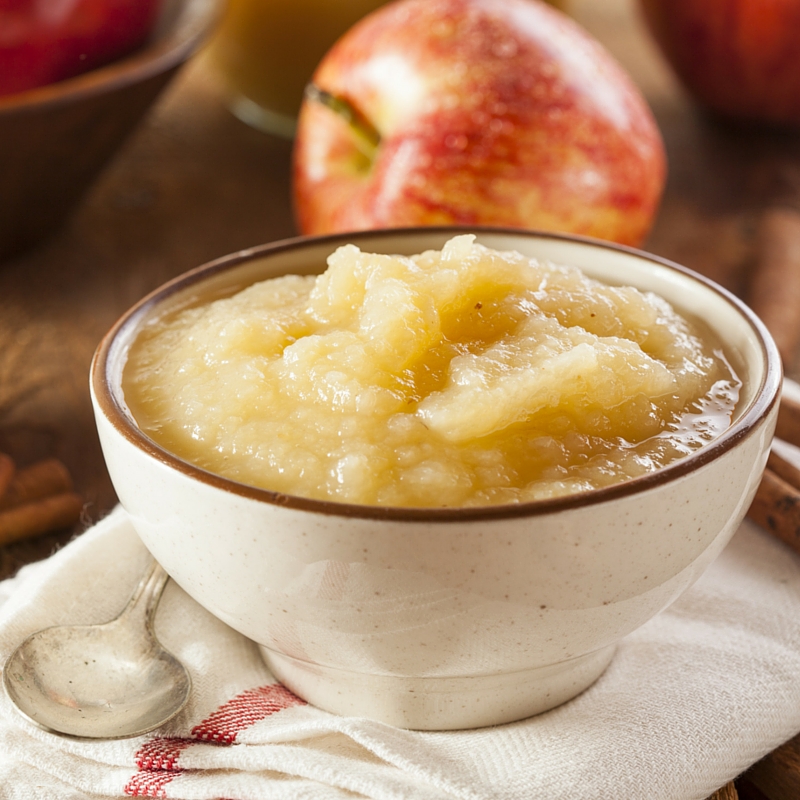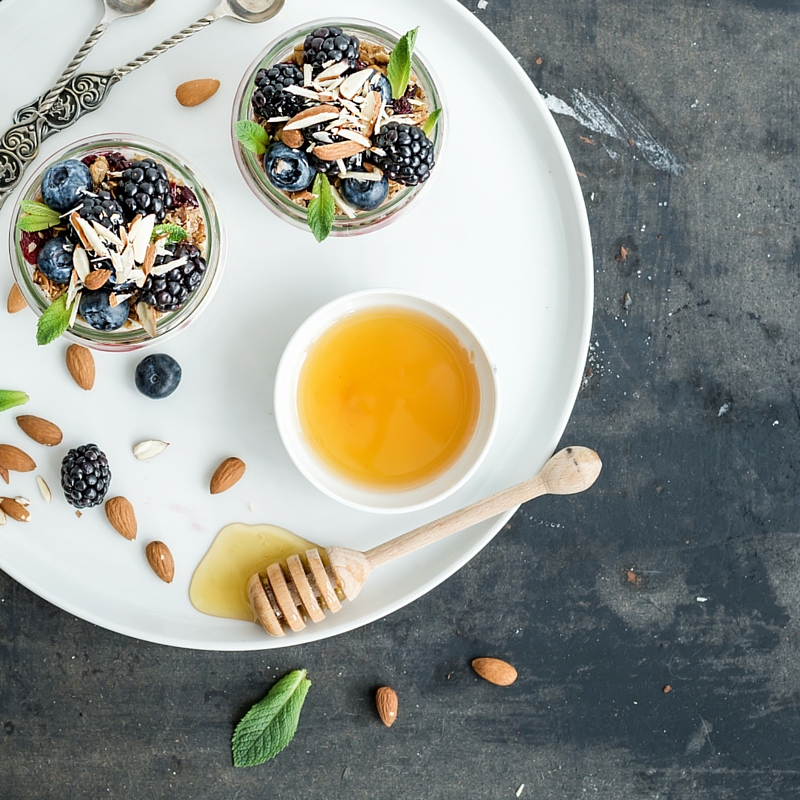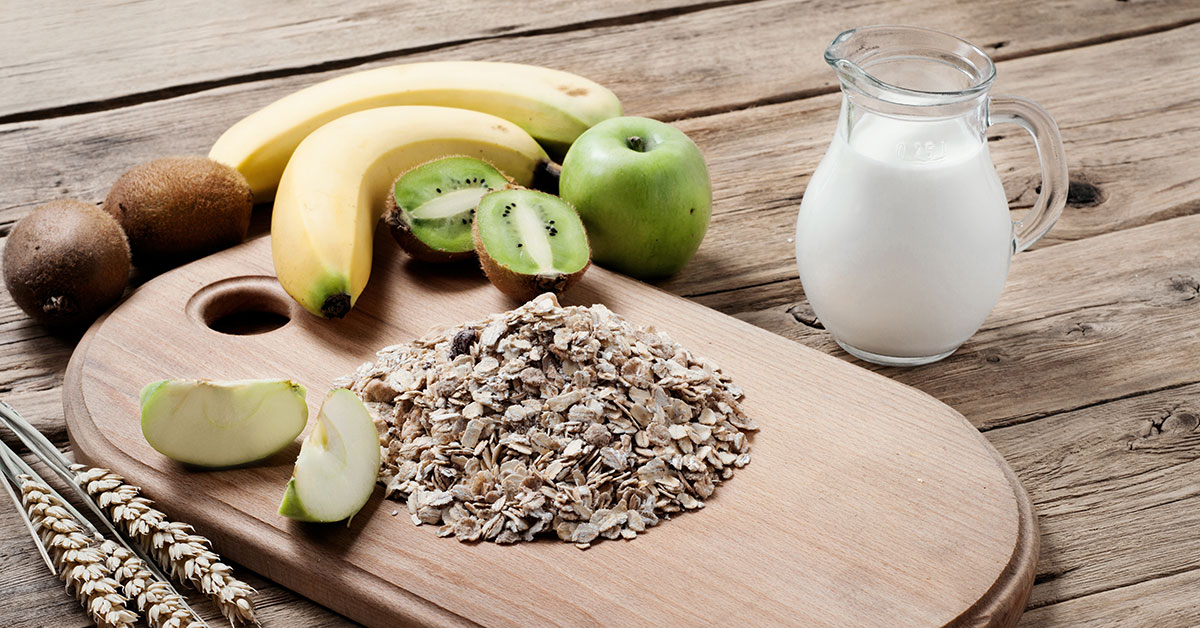The most important times to eat carbohydrate are before running and after running. Carbs eaten before a run provide quick energy to the muscles and nervous system and also act on the brain in a way that makes running feel easier.
Carbs eaten after a run replenish muscle fuel stores and set you up to feel and perform better in your next run.
Some sources of carbohydrate work better than others for pre-run fueling. When you take in carbs less than 45 minutes before a run, they should come from high-glycemic, rapidly digested foods that don’t contain a lot of fat, fiber, or protein.
This way you’ll get the energy you need without increasing your risk of experiencing GI distress during the run.
After exercise, it’s best to eat foods containing carbs that are metabolized more slowly, to provide lasting energy, as well as protein, which works synergistically with carbohydrate to accelerate muscle refueling and rebuilding.
Here are a few examples of some of the best carbohydrate sources for before and after a run.
Before
Applesauce

Call it nature’s energy gel. Applesauce is easy on the stomach and packs 13 grams of carbs into a half-ounce serving. Be sure to purchase products containing no added sugar.
Banana

Perhaps the most popular pre-race food, bananas have it all—a convenient natural wrapper, high digestibility, and lots of carbs (27 grams per medium banana). Studies have even shown they enhance performance when eaten during exercise.
After
Oatmeal

There’s no better way to refuel after a morning run than with a breakfast of old-fashioned oatmeal. Add almonds or walnuts for a little extra protein. Sweeten it with a bit of honey or real maple syrup.
Yogurt

Dairy products are ideal recovery foods because they contain carbs for muscle refueling, protein for muscle repair, and fats to make the carbs last longer. One cup of plain, whole-milk yogurt contains 11 grams of carbs and 9 grams of protein and has a very low glycemic index of 14.
And yes, I do recommend eating plain whole-milk yogurt because it’s less processed and is less likely to contain added sugar. Flavor it by adding fresh fruit and perhaps a bit of honey.



